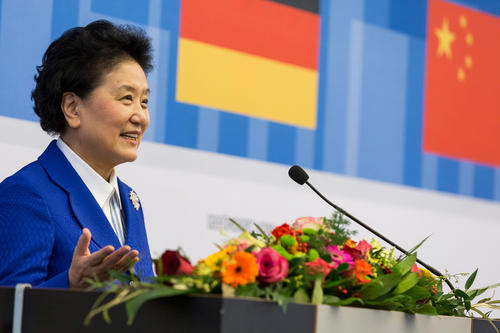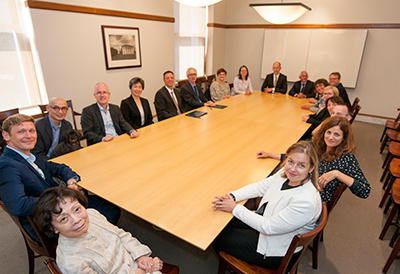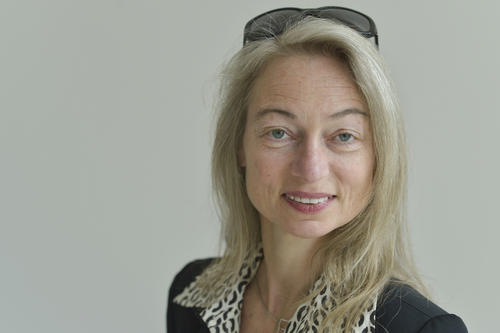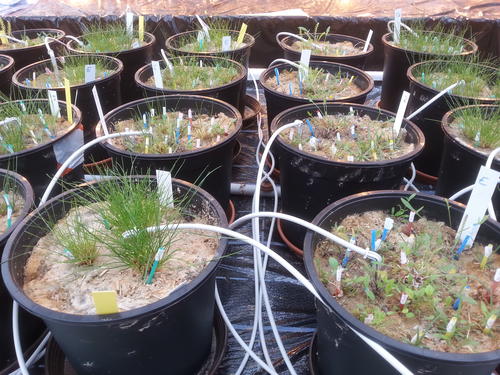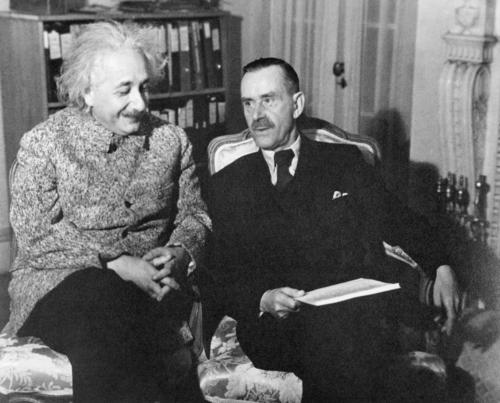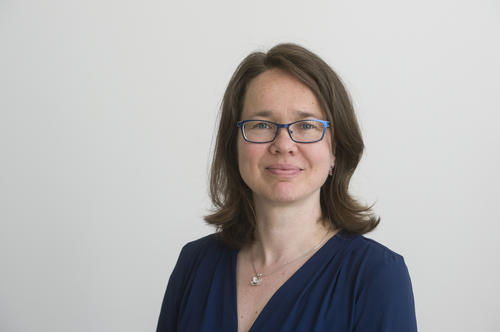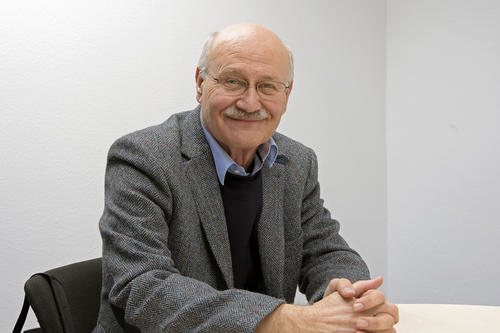4 | 2016
Dec 14, 2016
Content
- Advancing Innovation Together
- UC Berkeley and Freie Universität Berlin Sign Agreement on Strategic Partnership
- Arabic Studies Scholar Beatrice Gründler Receives 2017 Leibniz Prize from the German Research Foundation
- Climate Change on Fast-forward
- Writers on the Big Screen
- “Studying abroad is always beneficial”
- “The German students saved my soul”

